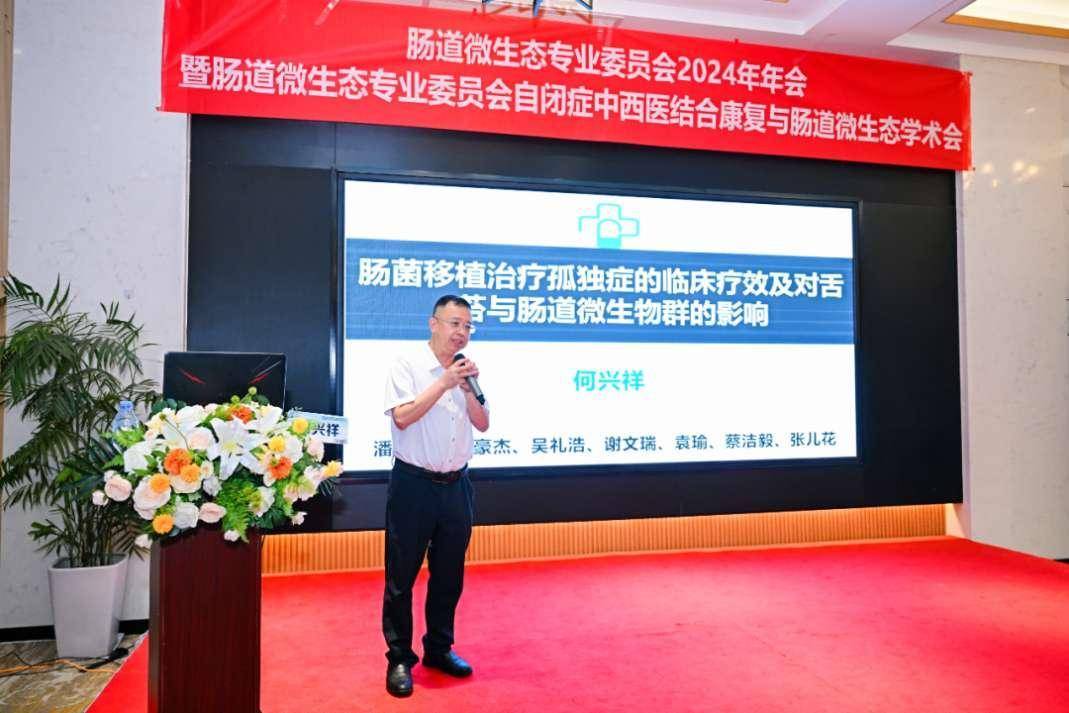Recently, it was reported that Professor He Xingxiang from the First Affiliated Hospital of Guangdong Pharmaceutical University and his team have achieved remarkable results in the treatment of childhood autism through intestinal microbiota transplantation.
Childhood autism is a neurodevelopmental disorder that severely affects children’s physical and mental health and development, placing a heavy burden on families and society. For a long time, traditional treatment methods have had limited effects, and finding new effective treatment pathways has been an important topic in the medical field.
In 2016, Professor He Xingxiang learned that Professor Zhang Faming had pioneered a standardized fecal microbiota transplantation system in China, and that this standardized fecal microbiota transplantation was applied in Nanjing for the salvage treatment of refractory IBD, marking the world’s first report on fecal microbiota transplantation for severe refractory Crohn’s disease with enteric fistula infection, thus entering this new field.
By the end of 2016, the fecal microbiota transplantation center at the First Affiliated Hospital of Guangdong Pharmaceutical University was established and officially began this special organ transplantation. In just a few years, under the leadership of Professor He Xingxiang, the hospital has completed 10,259 cases of intestinal microbiota transplantation. After years of dedicated research and clinical practice, they have innovatively applied microbiota transplantation technology to the treatment of childhood autism, improving children’s neurological function and social behavior through adjustments and optimizations of gut microbiota.
A child named Xiao Shi (pseudonym) is one of the beneficiaries of this treatment. After undergoing two courses of cleansing microbiota transplantation at the Department of Gastroenterology of the First Affiliated Hospital of Guangdong Pharmaceutical University, her mood improved significantly; she became less prone to temper outbursts, and her repetitive behaviors decreased, notably being able to use the toilet without needing to face a fixed direction. After completing four courses of treatment, her spontaneous speech increased while her self-talk decreased. Her mood has become relatively stable, and her repetitive behaviors have decreased, as she now willingly slides down from other slides when playing, whereas she previously only used a fixed slide.
As of now, Professor He Xingxiang and his team have treated 4,232 cases of childhood autism using intestinal microbiota transplantation. In extensive clinical practice, many autistic children have shown significant symptom improvement, enhancing their quality of life and social skills.
Written by | Reporter Chen Hui, Correspondent Wang Yuan
Image | Provided by the interviewees


